An overview of selected new books in Szilárd Library, with a word from their authors, reviewers and publishers
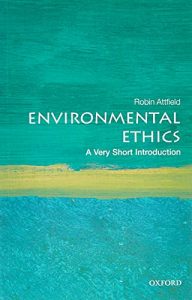
by Robin Attfield
Attfield’s new book confirms him as one of the most eloquent voices in present-day environmental ethics. It combines philosophical depth with extreme readability and makes a suggestive case for an ethics that pays tribute to the value of non-human nature.
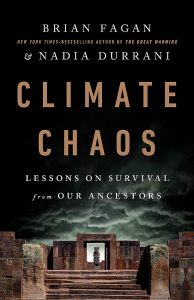
by Brian Fagan and Nadia Durrani
This book is a tour de force because of its relevance to deal with global climate change. The authors ask, what can we learn from past successes and failures? The takeaway are six major lessons critical for our survival. Their clearly written and concise book includes [hi]stories beginning 30,000 years ago up through the Anthropocene.
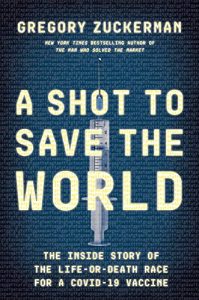
by Gregory Zuckerman
An assured account of the research, the ideas and the personalities. Like many great scientific tales, the story features serendipity, failures, tenacity, frustration and temper tantrums. Zuckerman answers a question still circulating among both vaccine fans and skeptics: How could scientists develop the Covid-19 vaccines so quickly? The vaccine-science book for a vaccine skeptic.
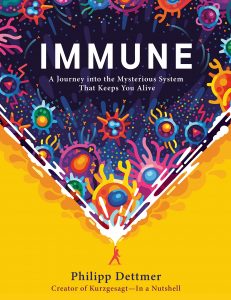
by Philipp Dettmer
Philipp Dettmer has a unique skill to show us the beauty and complexity of our world as it is revealed through a scientific understanding of it. In Immune he takes us on a tour through our own body and allows us to see and understand how our immune system actually works. A beautiful book about a complex system that our life depends on.
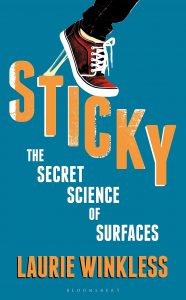
by Laurie Winkless
If you’ve ever wondered why some glues work better than others, or been puzzled why there are so many different types of car tire, or been amazed at the ease in which a gecko can run up the wall, then this wonderful book is for you.
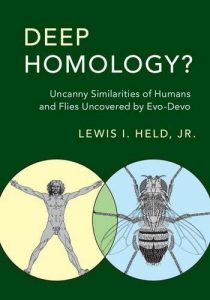
by Lewis I. Held, Jr.
The book is a great learning tool and valuable resource for students and researchers in the field of developmental genetics and evolutionary biology. The author, himself an expert in Drosophila development, gives an in depth overview of the research into how genes control the processes by which simple embryos turn into complex organisms. He draws out in a clear and concise manner the parallels that unite all animals in regard to developmental mechanisms and the underlying gene networks.
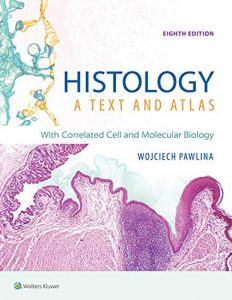
by Wojciech Pawlina, Michael H. Ross
This textbook equips medical, dental, health professions, and undergraduate biology and cell biology students with a comprehensive grasp of the clinical and functional correlates of histology and a vivid understanding of the structural and functional details of cells, tissues, and organs.
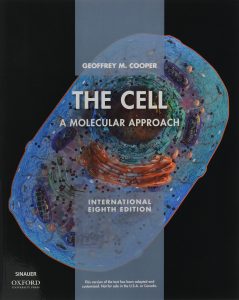
by Geoffrey M. Cooper
The only one-semester introduction to cell biology text built around learning objectives-and the only text to incorporate in-text and online data analysis problems.
An overview of selected new books in Szilárd Library, with a word from their authors, reviewers and publishers







